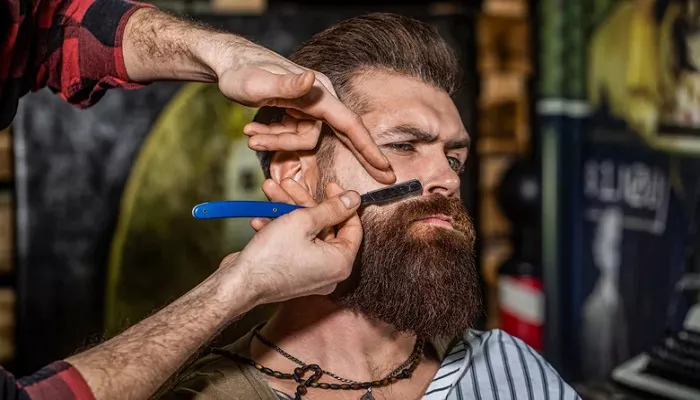Beards have surged in popularity in recent years, with many men seeing them as a source of confidence and style. A 2019 OnePoll survey conducted for Honest Amish found that 75% of men feel more confident with facial hair, and 40% would even consider spending a night in jail to have the “perfect” beard. Women, too, have shown a clear preference for facial hair—according to a 2020 study published in Evolutionary Psychology, over 57% of women prefer men with beards.
But while beards may boost self-esteem and attract attention, there’s a surprising theory suggesting that growing a beard could be linked to baldness. Though it may sound far-fetched, this idea is supported by some scientific observations. To be clear, this is only a hypothesis—having a beard does not guarantee that you’ll lose your hair. Still, researchers have found some interesting patterns worth exploring.
From an evolutionary perspective, hair on the head developed to help regulate body temperature and retain warmth. Beards, some experts believe, may have evolved in response to men losing hair on their heads, offering warmth in colder conditions.
A 1988 study in the European Journal of Applied Physiology and Occupational Physiology found that bald men had sweat evaporation rates two to three times higher than men with hair, under mild heat stress. The study also showed that bearded men had 40% lower evaporation rates on their chins compared to their foreheads, suggesting facial hair can disrupt how the body cools itself.
This has led to the theory that the body may compensate for the heat-trapping effects of a beard by reducing scalp hair to help cool the body more efficiently. Still, scientists stress that this idea is only one possible explanation—and not proof that beards cause baldness.
For those worried about hair loss, it’s important to remember that balding is extremely common. According to Endotext via the National Library of Medicine, between 30% and 50% of men experience some hair loss by age 50. A 2023 study in the International Journal of Trichology found that 53% of men and 37% of women show signs of balding by age 65. Over a lifetime, up to 80% of men will experience some form of baldness.
Genetics play a major role in hair loss, accounting for about 80% of cases, according to a 2017 study in PLoS Genetics. Other causes include hormonal shifts, medical conditions, medications, and even extreme emotional stress, which can trigger a condition known as acute telogen effluvium, leading to sudden, significant hair loss.
In short, if you have a beard and love it—keep it. And if you’re concerned about going bald, know that it’s a normal part of aging for most people. You can’t change your genetics, but you can learn to accept yourself as you are. After all, worrying about the inevitable does more harm than good.


